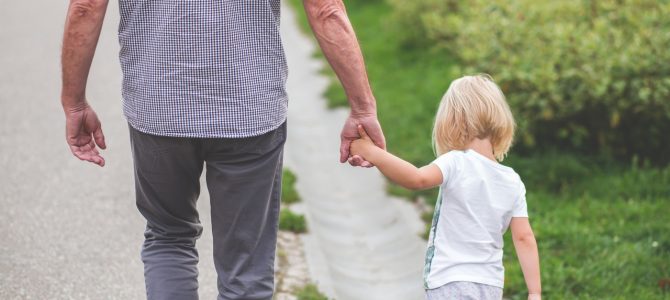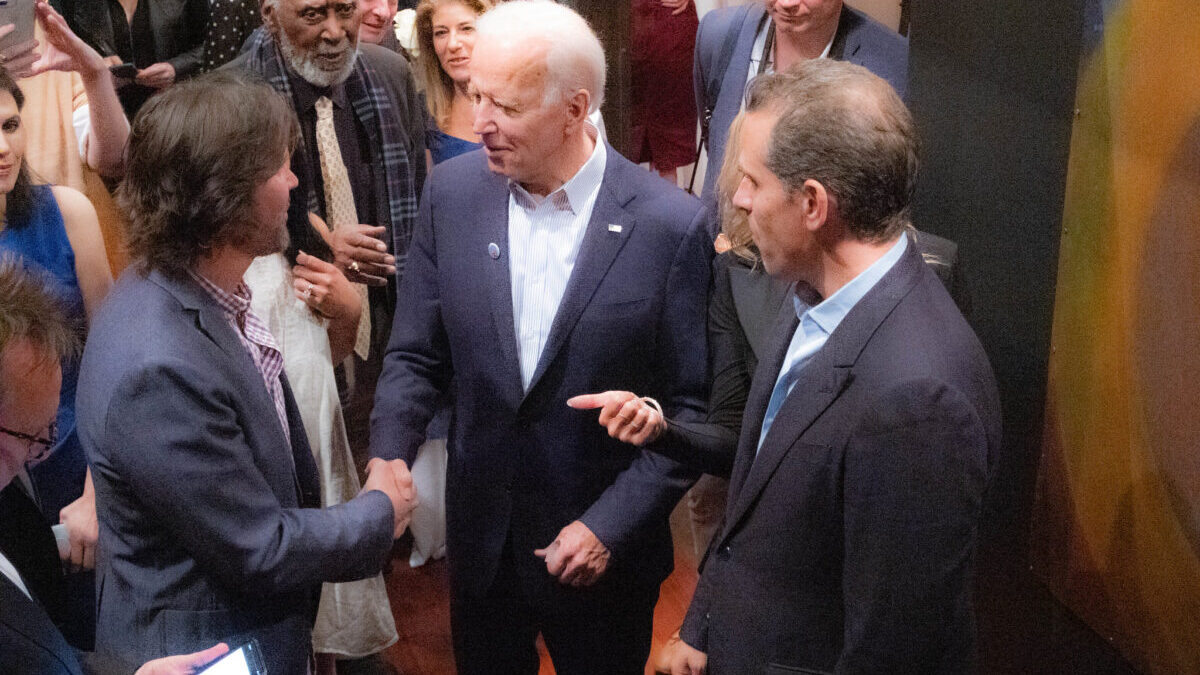
Babies like to put things into their mouths. A lot of times, they gag. Sometimes, they may choke a bit, and hopefully an adult is there to fish out the item. But all parents know this will inevitably happen, and responsible parents try to evade toys that infants and toddlers might choke on. No reasonable parent expects that their baby will never get a hold of something that they could gag or choke on. There are just too many opportunities for such a thing to occur.
In contrast, the federal government (generally not a reasonable entity) not only believes it can prevent all potential choking risks—it regulates in an attempt to do just that.
For example, in 2014, the Consumer Product Safety Commission recalled nearly 200,000 monkey teething toys because the manufacturer “received seven reports of infants choking or gagging on the monkey’s tail.” No one reported any actual injuries, but the toy was still banned. Surely more than seven children choke on food, their fingers, or their own spit-up per minute in the United States every day. Should we regulate those things, as well? (In fact, when it comes to daycares and schools, food is heavily regulated.)
The Government Overregulates Child Safety
This example is one of many presented by Abby W. Schachter in her book “No Child Left Alone,” which details the government’s extreme intervention in all things child-safety related. The most frightening of her stories tell of children being taken away from their parents for actions that used to be considered part of good parenting—like letting kids walk home from school with siblings or friends. Schachter’s stories should make any parent cringe, especially those who hope to raise children who can think and act independently.
Schachter details overregulation and criminalization of parents concerning breastfeeding, daycare, school health programs, children’s toys, and obesity. Most American parents may have a vague understanding of how federal, state, and local governments have gotten involved in families’ lives. But the extreme lengths to which they’ll go in an attempt to prevent a potential problem is outstanding, and Schachter’s well-researched book reveals much.
In many perceived “dangerous” situations, she reports, children and parents are separated from each other and questioned. This can be quite traumatic for children—much more so than the trauma of walking several blocks to a park by oneself, for instance.
Who Is Responsible For A Child’s Wellbeing?
“Too often, authorities such as the local police or security officers impose rules of safety divorced from any real danger, but following what they perceive to be rules written so broadly as to be applicable to entirely innocent situations,” Schachter writes in the “Arresting Captain Mommy” chapter. “In many cases, the police seem more worried about ‘what could happen’ than even the most helicoptering parent, often overreacting in situations where nothing – nothing – has happened.”
One father was threatened with arrest and cited for disorderly conduct after playing with his children on a frozen-over river in Connecticut. Apparently, four police cars and two fire trucks were necessary to resolve the situation. “This small incident reveals a lot about our society,” the father told Schachter. “First is the presumption that legally constituted authority should decide what an acceptable level of safety is for oneself and one’s family.”
This is the focal question of Schachter’s book: Who should decide what is or isn’t safe for children? Presumably, the parents—but the government thinks this is its job. As Schachter proves with example after example, the government has deeply imbedded itself into parents’ lives and decisions.
Ways The Government Can And Should Help
Interestingly, Schachter defends the government’s right to intervene in one particular area: vaccination. In a September 19 Weekly Standard article (“The vaccination paradox”), Schachter applauds governments and courts for enforcing effective standards for vaccination.
“What’s maddening is that while vaccines are just about the only area of family life in which the government should properly take an active role, it was also seemingly the only area in which the state instead took a hands-off approach, letting parents follow crackpot theories, with predictably awful consequences not just for their own children but for others as well,” she writes.
This is a tough balance. How much government regulation is enough? When is it good for the government to get involved in parenting decisions, and when is it bad? Schachter argues the government should be more involved in things that could quickly affect a larger population—and less so in instances of “danger” involving one child.
“What’s infuriating to realize is how quick government and even the AAP (American Academy of Pediatrics) have been to intervene against personal choices by families in areas where there is no public-health danger and where the risks are so small as to be statistically nonexistent,” she writes, referencing parental decisions like whether or not to breastfeed, or what to feed children. “Unlike measles, obesity is not contagious, and yet the state behaves as if the risk is comparable.”
‘No Child Left Alone’ Shows What We’re Up Against
In the case of vaccinations, it does make sense for the government to get involved, though only to a point. Counteracting wacky vaccination theories with scientifically based suggestions is an appropriate role of government. One group, Indiana4Freedom, states in a flyer that the Centers for Disease Control and Prevention wants to “apprehend, detain, isolate and quarantine your family along with your entire city for mild, benign illnesses like measles and chickenpox.”
The CDC does not often quarantine cities, nor would it for something like measles. But should the CDC “interfere” in parents’ lives and recommend a vaccination schedule for children? Unlike most of the extreme examples in Schachter’s book, the answer here is yes. Parents can and should have the ultimate authority to decide whether or not to vaccinate, and on what schedule. But Schachter is correct that the government should make recommendations regarding diseases that can quickly sicken or kill large numbers of people. These sorts of interventions are much more acceptable than regulations about what kind of foods are allowable in daycares.
“No Child Left Alone” is a fascinating and scary read. Parents wary of government interference would be wise to read it, if only to know what they’re up against.









